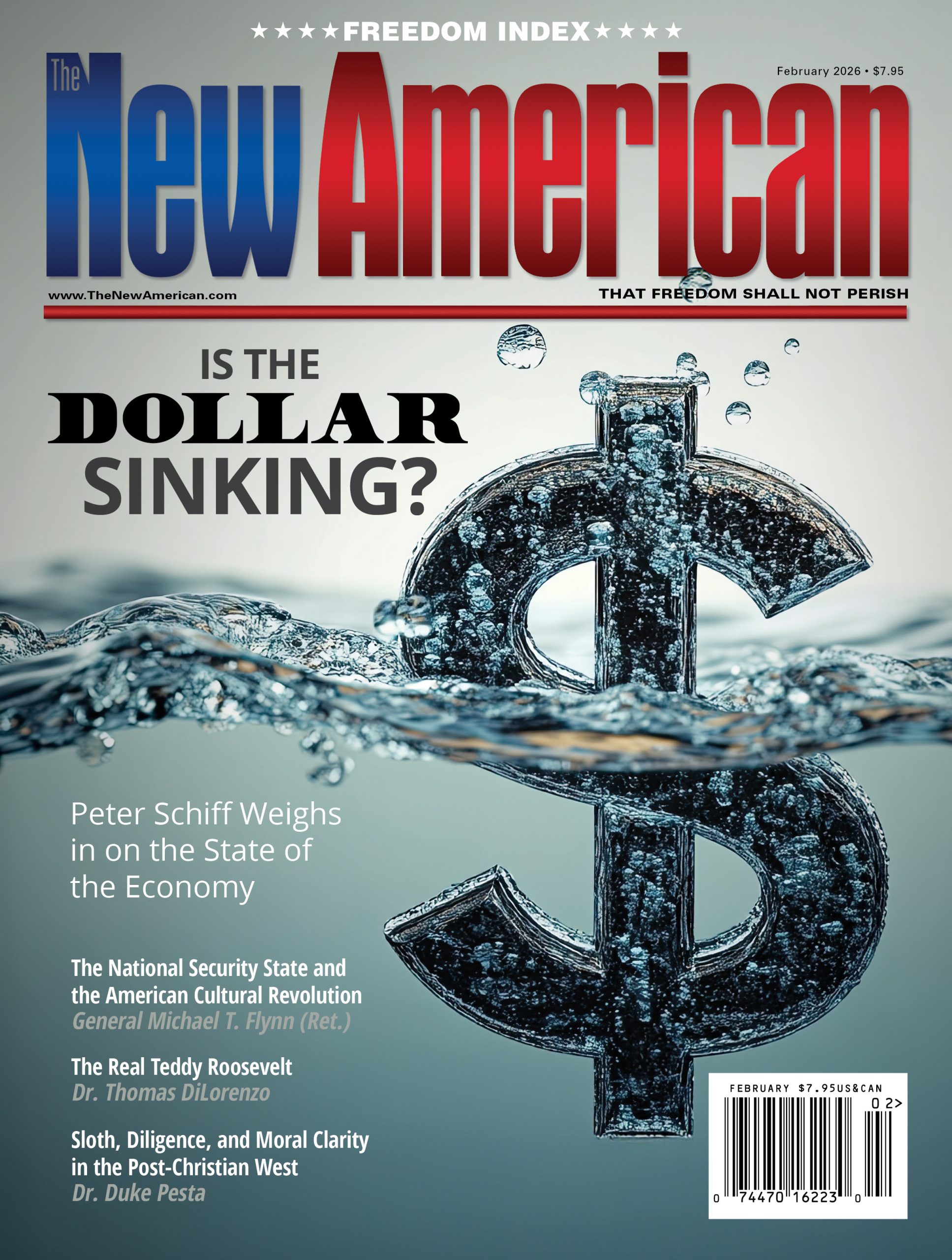

Stop H.338: Reject Unconstitutional Mandates in Massachusetts
Legislative Alerts

Legislation introduced in Massachusetts, H.338, would designate broadband internet access as a "human right" and mandate its provision at no cost in public housing.
Contact your state legislators
Contact your state representative and senator, and urge them to oppose H.338, and to instead pass legislation limiting the size and scope of government.
Why it Matters
Legislation introduced in Massachusetts would mandate a major expansion of government. House Docket No. 338 (H.338) would designate broadband internet access as a “human right” and mandate its provision at no cost in public housing across Massachusetts. This bill claims to address public health and “human rights” by expanding broadband access.
The legislation proposes amending Chapter 111 of the General Laws to assert broadband as a human right, and requires the state to study its relation to public health. It further amends Chapter 121B, mandating that all public-housing units provide free broadband internet, subsidized by taxpayer funds. The bill states:
Broadband internet available in all units offered at no charge to residents [is] considered a requirement of a decent, safe and sanitary dwelling.
H 338 cites the United Nations to support its claim that broadband internet access is a human right, stating:
The United Nations has declared health a fundamental human right indispensable for the exercise of other human rights.
Using the UN to justify amending state law is improper, since it inserts globalist organizations into state lawmaking, undermining the sovereignty of the United States and Massachusetts. Citing the UN as an authority aligns state policy with global agendas that do not reflect America’s founding principles. The federal and state constitutions are the foundational legal frameworks for American governance, not international declarations.
This legislation is not only fiscally irresponsible, but a dangerous step toward government control. H.338 distorts the definition of human rights and exceeds governmental authority. The U.S. Constitution and traditional natural law define rights as protections against government intrusion — not entitlements to goods or services such as broadband. Declaring broadband a “right” sets a precedent for further government overreach, including mandates for “free” housing, food, or other commodities, under the guise of social justice.
The financial implications are equally troubling. By mandating free broadband in public housing and appropriating taxpayer funds for its implementation and maintenance, H.338 imposes a costly burden on Massachusetts residents. It forces hardworking citizens to subsidize a non-essential service, potentially leading to higher taxes, increased public debt, and greater government dependency. Rather than promoting individual responsibility, H.338 tethers individuals to government assistance programs.
By treating broadband as a government-provided “right,” the state could gain unprecedented leverage over digital communication. A state-mandated internet infrastructure might enable censorship, user tracking, and manipulation of public discourse — threatening privacy and free expression. This would subject citizens to ideological gatekeeping under the pretext of public health or equity.
H.338 also undermines the free market. Private internet service providers already compete to expand access and affordability, and government interference risks distorting market incentives, reducing efficiency, and degrading service quality. Legislators should instead reduce regulations and enact free-market policies to address internet connectivity gaps.
This legislation threatens constitutional integrity, fiscal responsibility, and individual liberty. It prioritizes bureaucratic expansion over market innovation and personal responsibility, laying the groundwork for increased government control over communication and information. Contact your state representative and senator, and urge them to oppose H.338.

